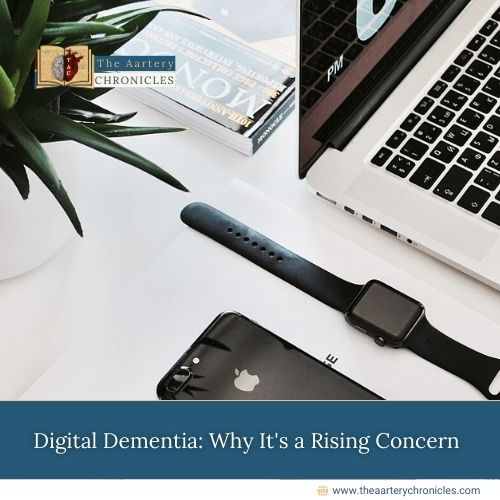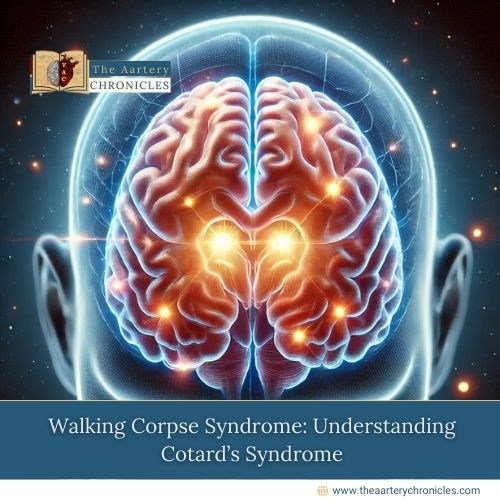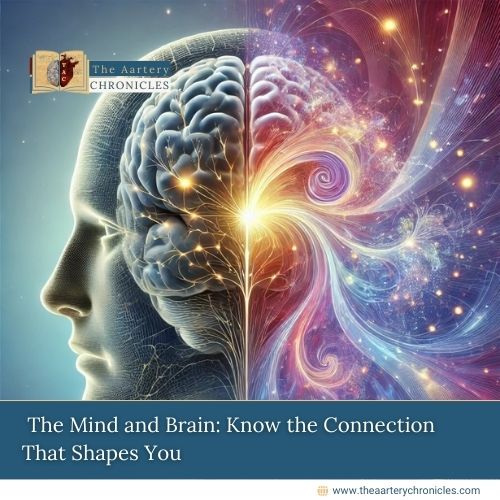
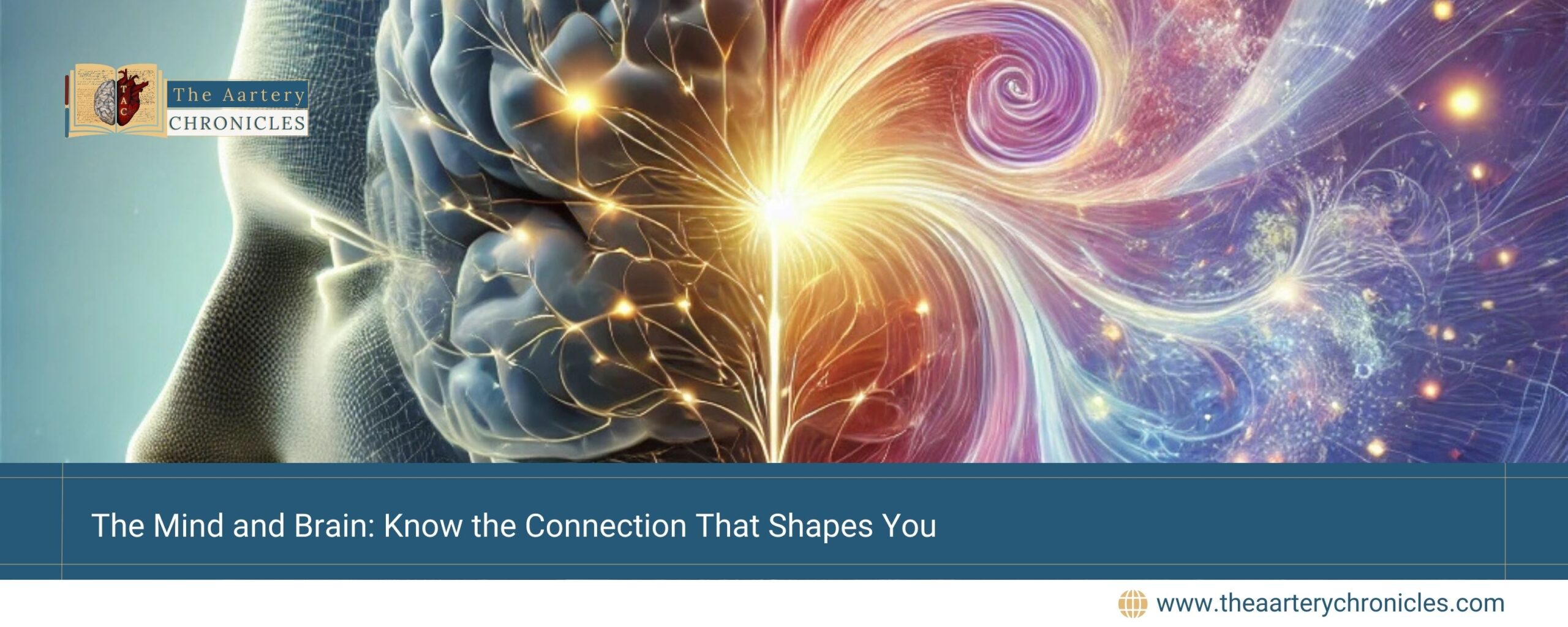
The Mind and Brain: Know the Connection That Shapes You
Mind vs. Brain: Understanding the Difference
When I first started exploring the mind and brain, I realised how often we use the terms interchangeably—yet they’re not the same. This distinction between mind and brain might seem subtle, but it’s incredibly significant. Let’s find out what sets the two apart, why it matters, and how understanding this difference can enhance our ability to regulate our thoughts, emotions, and overall well-being.
The Physical Brain: Our Body’s Control Center
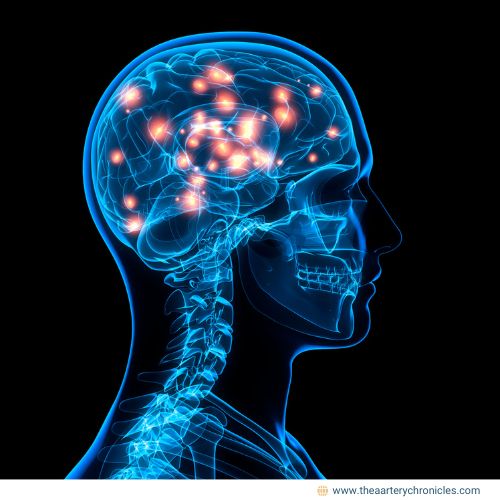
The brain is a tangible, physical organ located within our skull. It manages essential body functions such as
- Breathing
- Heart rate
- Muscle movement
- Sensory processing
Think, of the brain as the hardware of a computer; it’s the tangible component that performs the actions and reactions necessary for survival.
The brain processes vast amounts of information every second, managing everything from our reflexes to complex decision-making through an extensive network of billions of neurons and trillions of synapses.
Did you know that every thought, memory, or emotion we experience starts with electrochemical signals firing in specific brain areas?
The Mind: A Non-Physical Experience
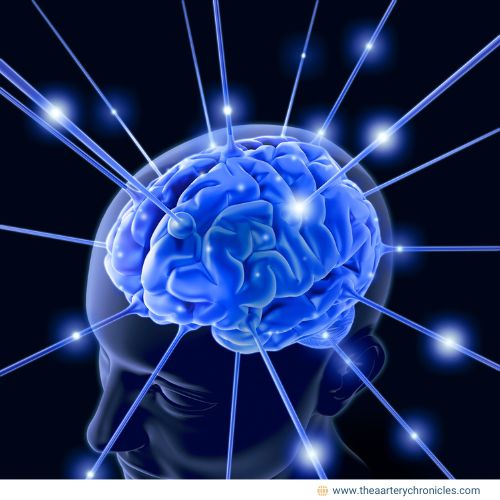
Unlike the brain, the mind isn’t a physical structure. You can’t touch or see it, and you won’t find it in a brain scan. The mind is often described as the seat of consciousness, encompassing
- Thoughts
- Feelings
- Memories
- Beliefs
- Perceptions.
It’s where self-awareness, creativity, imagination, and intuition reside.
The brain allows the mind to exist, but the mind works more like software. It interprets information and allows us to
- Experience emotions
- Form ideas
- Shape our unique personalities
The mind reflects how we think, feel, and see the world around us—it’s the “self” we often refer to when we talk about “I” or “me.”
How Do the Mind and Brain Work Together?
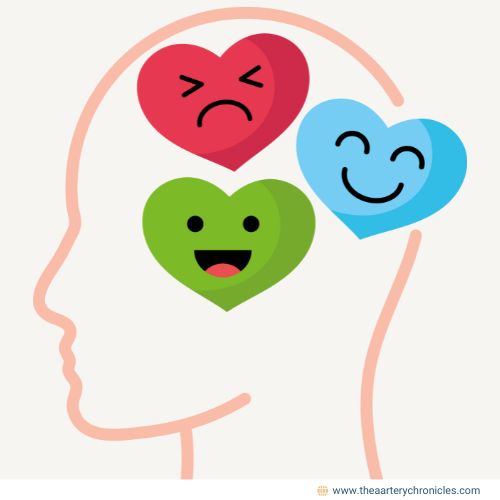
The mind and brain have a deeply interconnected relationship.
- The brain processes sensory information and biological responses, while the mind interprets those experiences to create thoughts and emotions.
- For instance, when I feel something joyful or elated, my brain releases dopamine, which my mind associates with the feeling of happiness.
- On the other hand, stress or anxiety starts as a mental experience, triggering a series of physical reactions in the brain and body, such as a faster heartbeat and the release of adrenaline.
A deeper understanding of this interaction has improved my ability to
- Manage stress
- Enhance creativity
- Sharpen my focus
Just as the brain can influence our mental state, our thoughts (mind) can influence brain activity. This is where practices like mindfulness, meditation, and cognitive-behavioural techniques come into play—helping us leverage our mind’s power to positively impact brain function.
Key Differences Between the Mind and Brain
Here’s a breakdown of how the mind and brain differ:
Aspect | Brain | Mind |
Nature | § Physical § Can be studied scientifically | § Non-physical § Based on Experience |
Functions | § Controls body systems § Processes information | Interprets § Thoughts § Emotions § Beliefs |
Impact on Behaviour | § Influences reflexes § Automatic reactions | § Shapes personality § Self-awareness § Choices |
Interaction | § Neurons § Neurotransmitters | § Thoughts § Memories § Emotions |
Why This Distinction Matters?
I’ve found that distinguishing between the mind and brain can empower us to lead healthier lives.
- Mental Health Management: Understanding that our thoughts (mind) can shape our brain’s activity has opened doors to mental health therapies, such as cognitive-behavioural therapy (CBT). Techniques like CBT help rewire negative thinking patterns, improving both
- Mental health
- Brain function
The brain is not an immutable organ that we are stuck with, but something that can actually change, adapt, and improve throughout our lives.
Norman Doidge, Psychiatrist and Author; The Brain That Changes Itself
2. Stress Management and Mindfulness: Knowing that stress starts in the mind and affects the brain makes stress-management practices like mindfulness and meditation so effective. By calming the mind, we can directly influence the brain’s response, reducing
- Stress hormones
- Promoting a sense of inner peace
Calm mind brings inner strength and self-confidence, so that's very important for good health.
Dalai Lama
3. Creativity and Productivity: The mind allows us to interpret ideas and spark creativity, while the brain executes those ideas into actions. By nurturing both, I’ve personally become better at balancing productivity with creativity and finding motivation and enjoyment in work and daily tasks.
Conclusion
Recognizing the unique roles of the mind and brain has transformed the way I see my thoughts, emotions, and behaviours. It’s empowering to realize that, while the brain controls physical processes, the mind enables us to interpret and transform those processes into something meaningful. Whether it’s managing stress, enhancing creativity, or simply understanding oneself better, the interplay between mind and brain is a powerful tool.
In my journey to better mental and emotional health, I’ve discovered that nurturing both my mind and brain leads to a fuller, more balanced life. As we continue to explore this dynamic relationship, I’m convinced that we’ll uncover even more ways to harness the power of our brains by shaping our minds and vice versa.

Dane
I am an MBBS graduate and a dedicated medical writer with a strong passion for deep research and psychology. I enjoy breaking down complex medical topics into engaging, easy-to-understand content, aiming to educate and inspire readers by exploring the fascinating connection between health, science, and the human mind.



